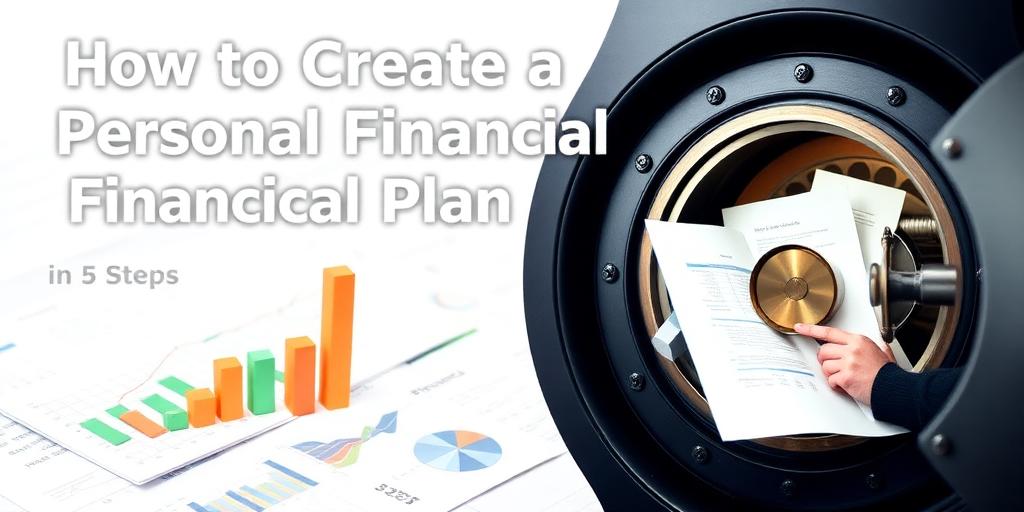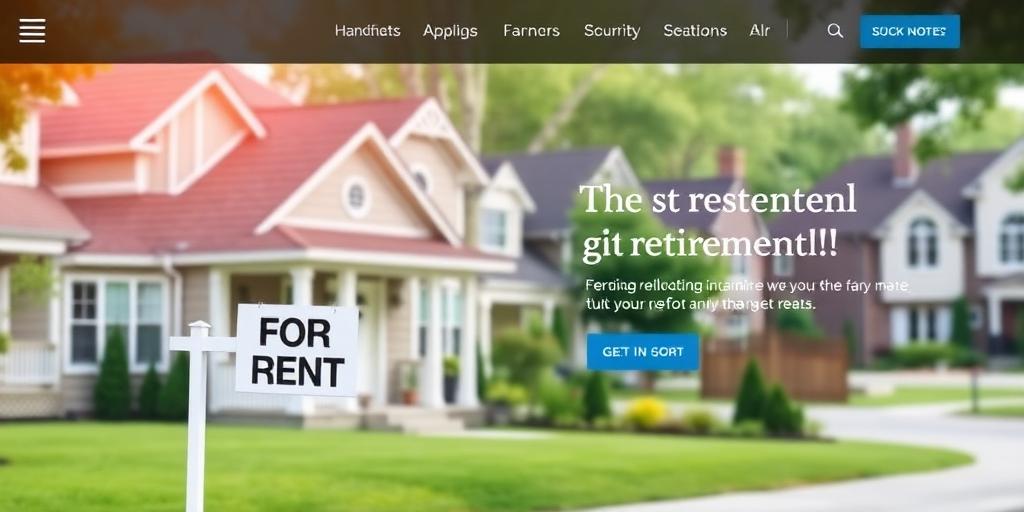How to Start Investing in Real Estate with Low Capital
Real estate investing is often perceived as a venture reserved for the wealthy, requiring substantial capital to get started. However, numerous strategies allow individuals with limited funds to enter the real estate market and build a profitable portfolio. This guide outlines proven methods for initiating real estate investments with low capital, emphasizing practical approaches and actionable steps.
1. Real Estate Investment Trusts (REITs)
REITs are companies that own, operate, or finance income-generating real estate. By purchasing shares in a REIT, investors can gain exposure to the real estate market without directly owning properties. REITs are required to distribute a significant portion of their taxable income to shareholders, providing a consistent income stream.
- Diversification: REITs offer diversification across various property types and geographic locations.
- Liquidity: Shares can be easily bought and sold on stock exchanges.
- Low Capital Requirement: Investing in REITs requires only the cost of purchasing shares, making it accessible to investors with limited capital.
2. Real Estate Crowdfunding
Real estate crowdfunding platforms allow investors to pool their resources and invest in real estate projects. These platforms offer opportunities to invest in residential, commercial, and mixed-use properties with relatively low minimum investments.
- Accessibility: Crowdfunding platforms provide access to deals previously available only to institutional investors.
- Diversification: Investors can spread their capital across multiple projects, reducing risk.
- Passive Income: Many crowdfunding projects offer passive income through rental yields or capital appreciation.
3. Wholesaling
Wholesaling involves finding undervalued properties, signing a contract with the seller, and then assigning the contract to another buyer for a profit. Wholesalers act as intermediaries, connecting sellers with potential investors without taking ownership of the property.
- Low Capital Requirement: Wholesaling requires minimal capital, as the wholesaler does not purchase the property.
- Quick Profits: Successful wholesaling deals can generate quick profits.
- Networking: Wholesaling provides opportunities to build relationships with investors and real estate professionals.
4. Fix-and-Flip with Hard Money Loans
Fix-and-flip involves purchasing distressed properties, renovating them, and then selling them for a profit. While this strategy typically requires more capital, it can be initiated with hard money loans, which are short-term loans secured by the property.
- Leverage: Hard money loans allow investors to leverage their capital and finance renovation projects.
- Profit Potential: Successful fix-and-flip projects can generate substantial profits.
- Short-Term Investment: Fix-and-flip projects are typically completed within a few months, providing a relatively quick return on investment.
5. Live-In Flips
Live-in flipping involves purchasing a property as a primary residence, making improvements over time, and then selling it for a profit after living in it for a period (often two years to take advantage of capital gains tax exemptions). This strategy combines homeownership with investment.
- Tax Benefits: Capital gains exemptions can significantly reduce tax liabilities.
- Incremental Improvements: Renovations can be completed over time, spreading out costs.
- Homeownership Benefits: Investors enjoy the benefits of homeownership while building equity.
6. BRRRR (Buy, Rehab, Rent, Refinance, Repeat)
The BRRRR strategy involves buying a distressed property, rehabilitating it, renting it out, refinancing the property based on its increased value, and then using the cash-out refinance to repeat the process. This strategy allows investors to build a rental portfolio with minimal capital.
- Portfolio Growth: The BRRRR strategy facilitates the growth of a rental portfolio.
- Cash Flow: Rental income provides consistent cash flow.
- Equity Building: Refinancing allows investors to extract equity and reinvest in additional properties.
Conclusion
Investing in real estate with low capital is achievable through various strategies, including REITs, real estate crowdfunding, wholesaling, fix-and-flip with hard money loans, live-in flips, and the BRRRR strategy. Each approach offers unique advantages and opportunities for investors to build wealth and generate passive income. By understanding these methods and implementing them strategically, individuals with limited funds can successfully enter the real estate market and achieve their investment goals.









